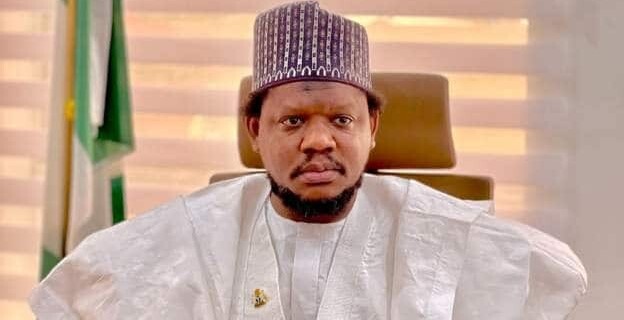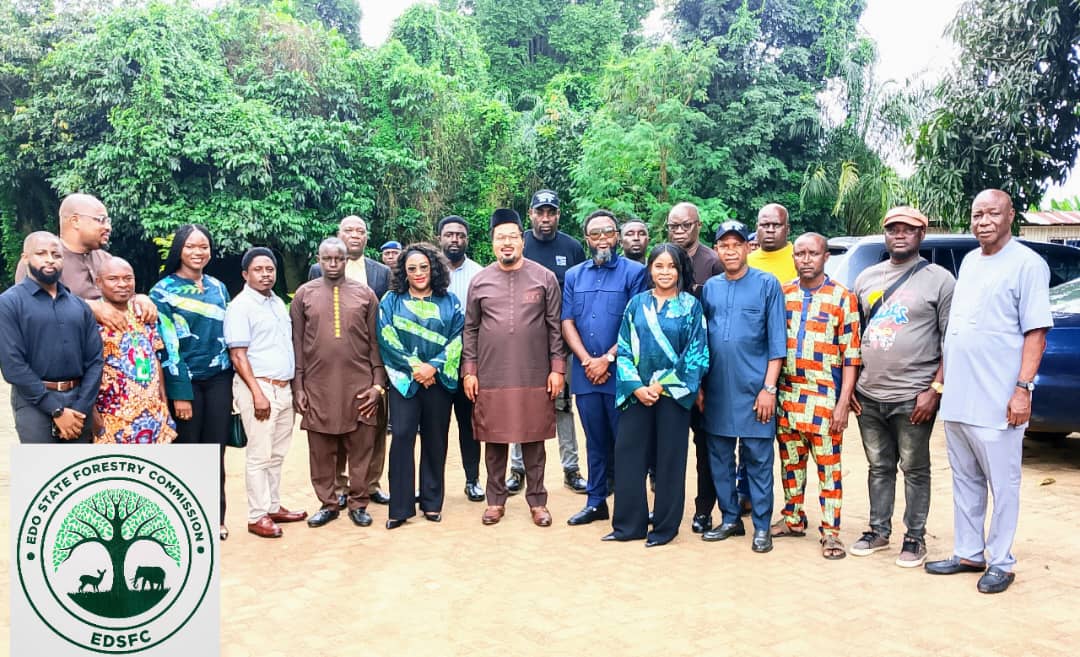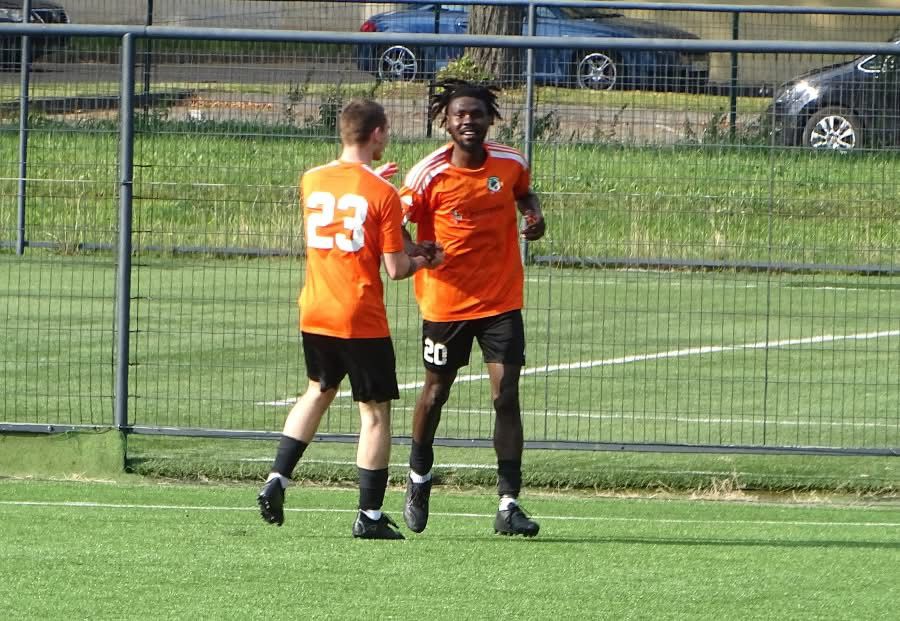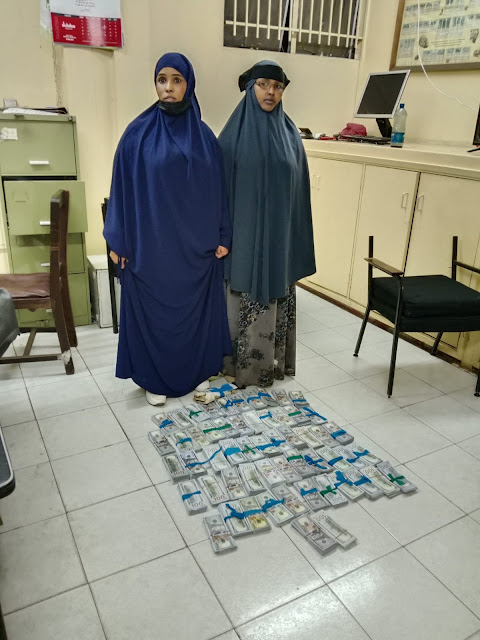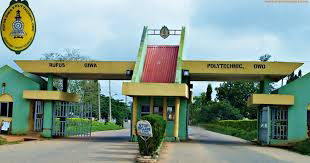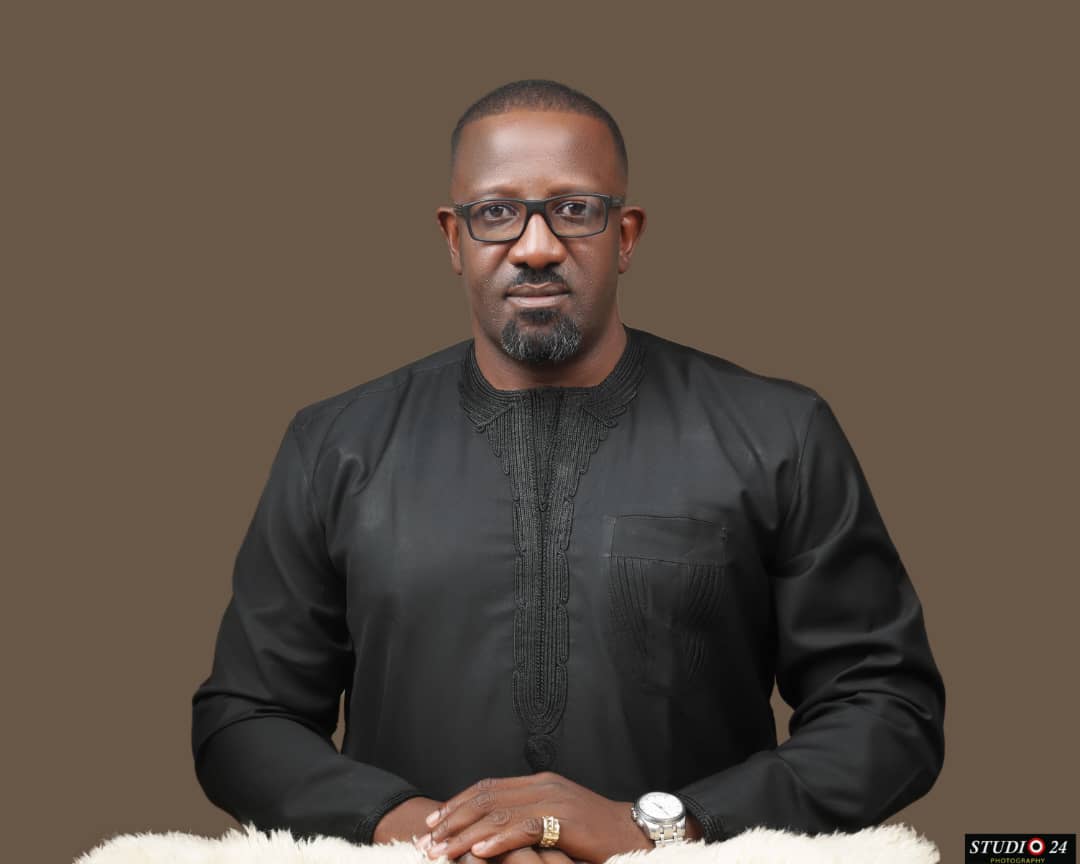In a thought-provoking post shared on the social media platform X, Adamu Garba, a prominent politician and chieftain of the All Progressives Congress (APC), has ignited a national conversation about the distribution of political power in Nigeria’s Fourth Republic. Garba’s analysis, which meticulously examines the regional representation in Nigeria’s presidency and vice presidency since the return to democracy in 1999, points to the South West as the primary beneficiary of the democratic era. His post also raises critical questions about the exclusion of certain regions, particularly the South East and North Central, from the nation’s highest offices, prompting a broader discussion on inclusivity and national unity as Nigeria approaches the 2027 general elections.
Garba’s post, which has garnered significant attention online, provides a detailed breakdown of the years each geopolitical zone has occupied the presidency and vice presidency over the past 26 years of democratic rule. According to his calculations, the South West and North West have dominated Nigeria’s political leadership, while other regions, notably the South East and North Central, have been entirely excluded from these top positions. This disparity, Garba argues, raises fundamental questions about the inclusivity of Nigeria’s democratic system and whether the current political arrangement truly reflects the country’s diverse regional composition. As the nation prepares for the 2027 polls, his analysis has sparked debates about the need for a more equitable distribution of power to foster national unity and cohesion.
A Regional Breakdown of Political Power
Garba’s post meticulously outlines the distribution of presidential and vice-presidential tenures across Nigeria’s six geopolitical zones since 1999, when the country transitioned from military rule to democracy. His analysis divides the country into the northern and southern regions before delving into the specific zones within each region. According to Garba, the South has held the presidency for 18 years, while the North has occupied it for 10 years by 2027. For the vice presidency, the North has held the position for 18 years, while the South has had 10 years. This initial breakdown sets the stage for a deeper examination of regional disparities.
Southern Nigeria:
South West: The South West, comprising states like Lagos, Ogun, Oyo, Osun, Ondo, and Ekiti, emerges as the most significant beneficiary of Nigeria’s democratic era. According to Garba, the region has secured 12 years of presidency and 8 years of vice presidency. This dominance is largely attributed to the presidency of Olusegun Obasanjo (1999–2007, 8 years) and the current administration of Bola Tinubu (2023–present, projected to contribute 4 years by 2027). The vice-presidential years include the tenure of Yemi Osinbajo (2015–2023, 8 years).
South South: The South South, which includes states like Rivers, Delta, and Bayelsa, has held the presidency for 6 years, primarily through Goodluck Jonathan’s tenure (2010–2015). The region also contributed 2 years to the vice presidency under Namadi Sambo (2010–2011, when Jonathan ascended to the presidency).
South East: The South East, encompassing states like Anambra, Enugu, and Imo, has had zero years in both the presidency and vice presidency, marking it as one of the least represented regions in Nigeria’s political leadership.
Northern Nigeria:
North West: The North West, including states like Kano, Kaduna, and Katsina, is the second-biggest beneficiary, with 10 years of presidency and 6 years of vice presidency. The presidency years include Umaru Musa Yar’Adua (2007–2010, approximately 3 years) and Muhammadu Buhari (2015–2023, 8 years, though Garba’s projection adjusts for 2027). The vice-presidential years are attributed to figures like Atiku Abubakar (1999–2007, 8 years, though Garba’s calculation may reflect a specific adjustment).
North East: The North East, comprising states like Borno, Adamawa, and Yobe, has had 12 years of vice presidency, primarily through Atiku Abubakar (1999–2007) and Kashim Shettima (2023–present, projected to contribute 4 years by 2027). However, the region has had no representation in the presidency.
North Central: The North Central, which includes states like Plateau, Benue, and Kogi, joins the South East in having zero years in both the presidency and vice presidency, highlighting its complete exclusion from Nigeria’s top political offices.
The South West’s Dominance
Garba’s analysis underscores the South West’s disproportionate influence in Nigeria’s Fourth Republic. With 12 years of presidency and 8 years of vice presidency, the region has held significant sway over the nation’s political direction. This dominance can be traced to the early years of the Fourth Republic, when Olusegun Obasanjo, a Yoruba from Ogun State, served as president for two terms (1999–2007). His presidency was seen as a stabilizing force after years of military rule, but it also set a precedent for the South West’s political prominence.
The election of Bola Tinubu, another Yoruba from Lagos, in 2023 further solidified the region’s influence. Tinubu’s administration, which is expected to contribute 4 years to the presidency by 2027, has been marked by ambitious economic reforms and a focus on consolidating political power. Similarly, Yemi Osinbajo’s 8-year tenure as vice president under Muhammadu Buhari (2015–2023) ensured that the South West maintained a strong presence in the federal government, even when the presidency was held by the North.
This concentration of power has led to perceptions of the South West as the “biggest beneficiary” of Nigeria’s democratic system, as Garba notes. The region’s economic and cultural influence, particularly through Lagos as Nigeria’s commercial capital, has further amplified its political clout. However, this dominance has not gone unnoticed, and Garba’s post suggests that it is fueling discussions among Nigeria’s political elites about the fairness of the current arrangement.
The Exclusion of the South East and North Central
Perhaps the most striking aspect of Garba’s analysis is the complete exclusion of the South East and North Central from the presidency and vice presidency. The South East, home to the Igbo ethnic group, has long voiced concerns about marginalization in Nigerian politics. Despite being one of the country’s three major ethnic groups alongside the Yoruba and Hausa-Fulani, the Igbo have not produced a president or vice president since the return to democracy in 1999. This exclusion has fueled calls for an “Igbo presidency” to address historical imbalances and promote national unity.
Similarly, the North Central, a diverse region with ethnic groups like the Tiv, Idoma, and Nupe, has been sidelined in Nigeria’s political leadership. The region’s lack of representation in the top offices is particularly notable given its strategic importance as a bridge between the North and South, as well as its contributions to Nigeria’s agricultural and economic output.
Garba’s post poses pointed questions about this exclusion: “When south is mentioned in political equations, where is south really? Are all south onboard with the current arrangement? Also the North, where is North really? Are all north onboard with the current northern arrangement?” These questions highlight the regional disparities that have defined Nigeria’s political landscape and suggest that the current system may not be inclusive enough to reflect the country’s diversity.
The Broader Context: Democracy and Inclusivity
Nigeria’s Fourth Republic, which began in 1999, was hailed as a new era of democratic governance after decades of military rule. However, the distribution of political power has often been shaped by a delicate balance of regional and ethnic considerations, often referred to as the “North-South power rotation.” This informal arrangement seeks to alternate the presidency between the northern and southern regions to ensure equitable representation. While this system has provided some stability, Garba’s analysis suggests that it has not been entirely successful in ensuring inclusivity across all geopolitical zones.
The South West’s dominance, coupled with the North West’s significant share of power, has created perceptions of a political system that favors certain regions over others. The South South, with 6 years of presidency under Goodluck Jonathan, has had some representation, but it pales in comparison to the South West. The North East’s 12 years of vice presidency provide some influence, but the lack of a president from the region limits its impact. Meanwhile, the South East and North Central’s complete exclusion raises questions about the fairness and sustainability of the current arrangement.
Garba’s post also touches on the broader implications of this disparity for national unity. Nigeria’s diversity, with over 250 ethnic groups and a complex regional structure, requires a political system that accommodates all major groups to prevent feelings of marginalization. The exclusion of entire regions from the highest offices risks fueling resentment and undermining the cohesion that democracy is meant to foster. As Garba notes, “When the two whole zones have zero participation in the whole system, can the current arrangement be truly inclusive?”
The Road to 2027: A Call for Reform
With the 2027 general elections approaching, Garba’s analysis has sparked a timely debate about the future of Nigeria’s political structure. His post asks whether there is “a better way to evolve a new structure” that includes regions hitherto excluded from the presidency and vice presidency. This question is particularly relevant as political parties and elites begin to strategize for the upcoming polls, which will determine the next president and vice president to lead Nigeria from 2027 onward.
One potential solution is a deliberate effort to promote candidates from underrepresented regions, such as the South East or North Central, for the presidency or vice presidency. For example, an Igbo presidency could address long-standing grievances in the South East and signal a commitment to inclusivity. Similarly, elevating a North Central candidate to a top position could bridge the gap between the North and South, fostering a sense of shared leadership.
However, Garba acknowledges the challenges of achieving this in a democratic system driven by numbers. “Yes, democracy is a game of numbers, but would inclusivity become a centerpiece in the name of national unity and cohesiveness?” he writes. Nigeria’s political landscape is heavily influenced by party politics, ethnic affiliations, and regional alliances, which often prioritize electoral viability over equitable representation. Overcoming these dynamics will require bold leadership and a willingness to prioritize national unity over short-term political gains.
Another consideration is the role of constitutional and electoral reforms in addressing these disparities. Proposals for restructuring Nigeria’s federal system, including devolving more power to the states and regions, could reduce the stakes of the presidency and create a more balanced political framework. Similarly, reforms to the electoral process, such as ensuring greater transparency and reducing the influence of money and patronage, could create opportunities for candidates from less dominant regions to compete effectively.
Public and Political Reactions
Garba’s post has generated significant discussion on X and other platforms, with Nigerians from various regions weighing in on the issue. Some have praised his analysis for highlighting the stark disparities in political representation, while others have criticized the current system for perpetuating regional imbalances. In the South East, activists and political leaders have renewed calls for an Igbo presidency, arguing that it is long overdue. In the North Central, there is growing frustration over the region’s exclusion, with some advocating for a more assertive role in national politics.
Political analysts have also pointed to the broader implications of Garba’s observations. The concentration of power in the South West and North West has fueled perceptions of a “two-region” dominance, which could undermine Nigeria’s democratic legitimacy if left unaddressed. As the 2027 elections approach, political parties like the APC and the People’s Democratic Party (PDP) will face pressure to nominate candidates who can bridge regional divides and appeal to a broad cross-section of Nigerians.
Conclusion
Adamu Garba’s analysis of regional representation in Nigeria’s Fourth Republic has brought to light critical issues of inclusivity and equity in the country’s political system. By highlighting the South West’s dominance and the complete exclusion of the South East and North Central, Garba has sparked a vital conversation about the need for a more balanced distribution of power. As Nigeria prepares for the 2027 elections, his questions about inclusivity, national unity, and the possibility of a new political structure resonate deeply with a nation grappling with its diverse identity.
The road ahead will require careful navigation by political leaders, parties, and citizens to ensure that Nigeria’s democracy reflects the aspirations of all its regions. Whether through deliberate candidate selection, constitutional reforms, or a renewed commitment to inclusivity, the challenge is clear: Nigeria must find a way to give all its zones a seat at the table. As Garba aptly concludes, “More questions than answers. We shall see how it goes.”


